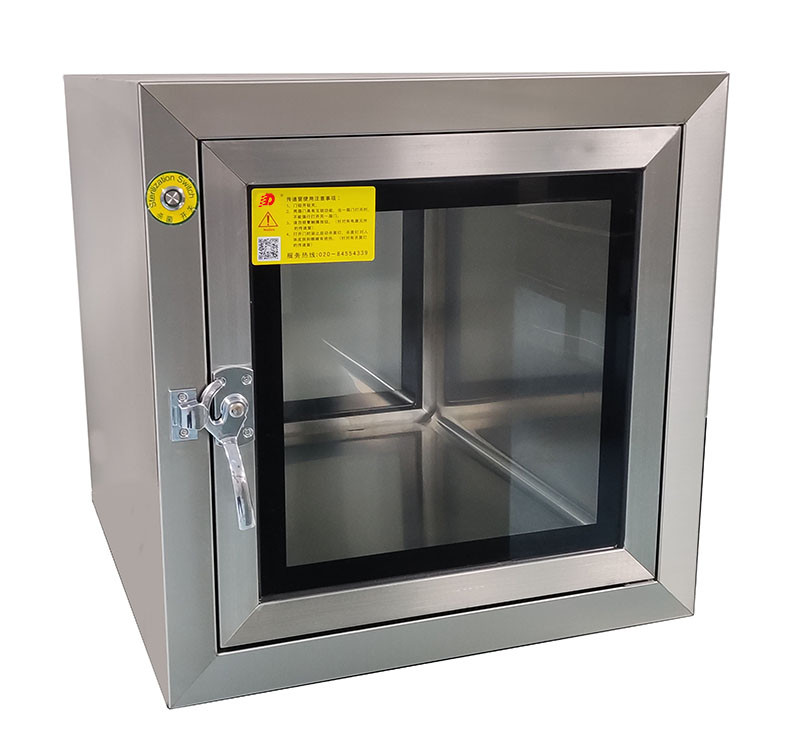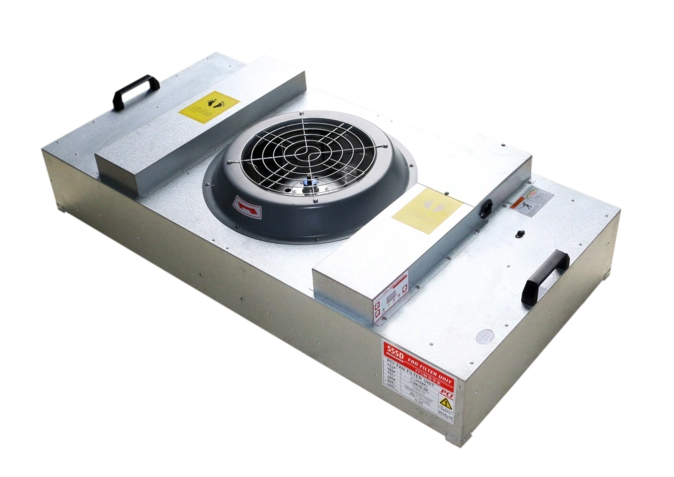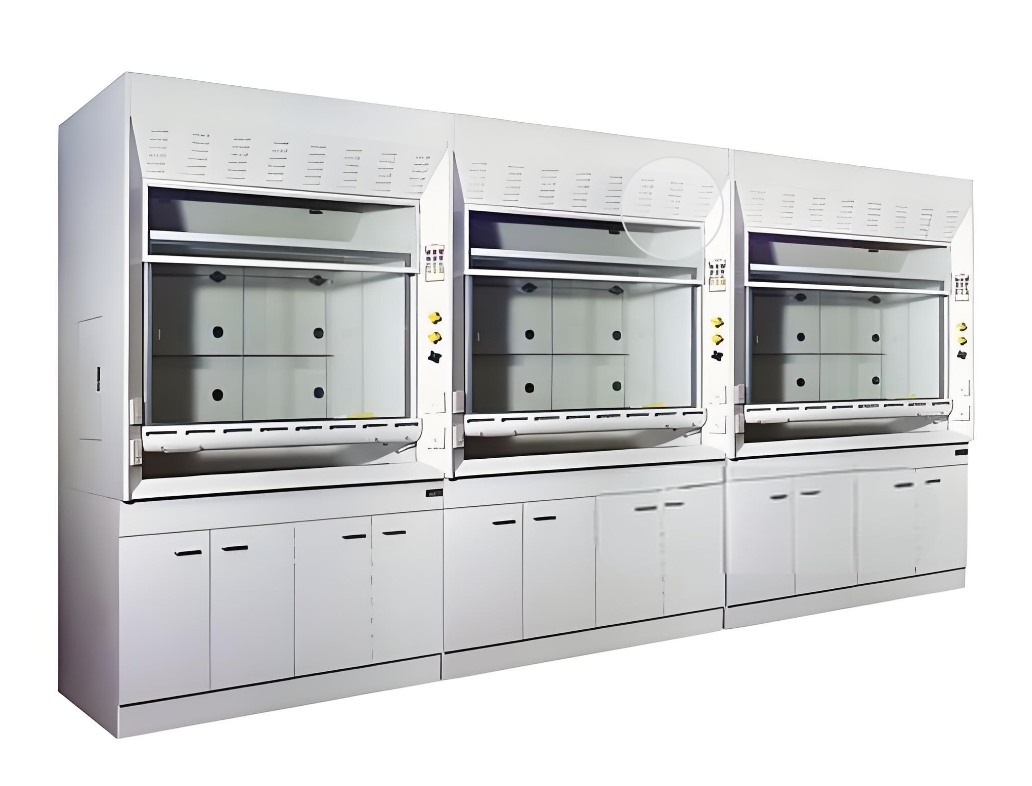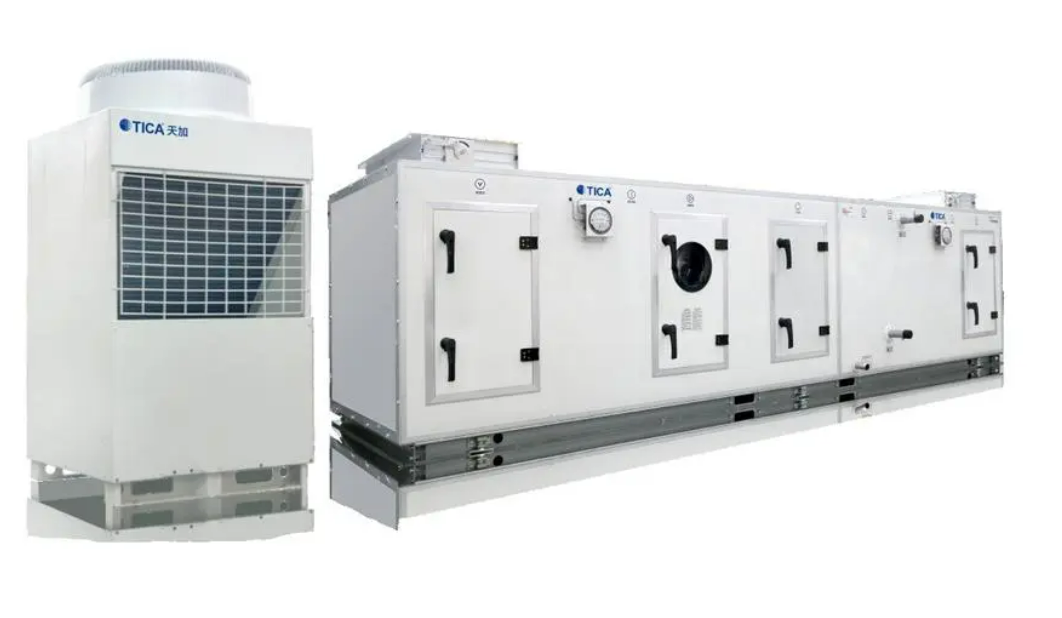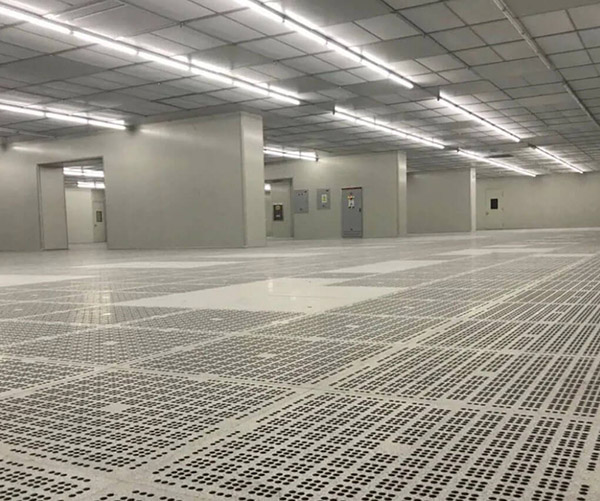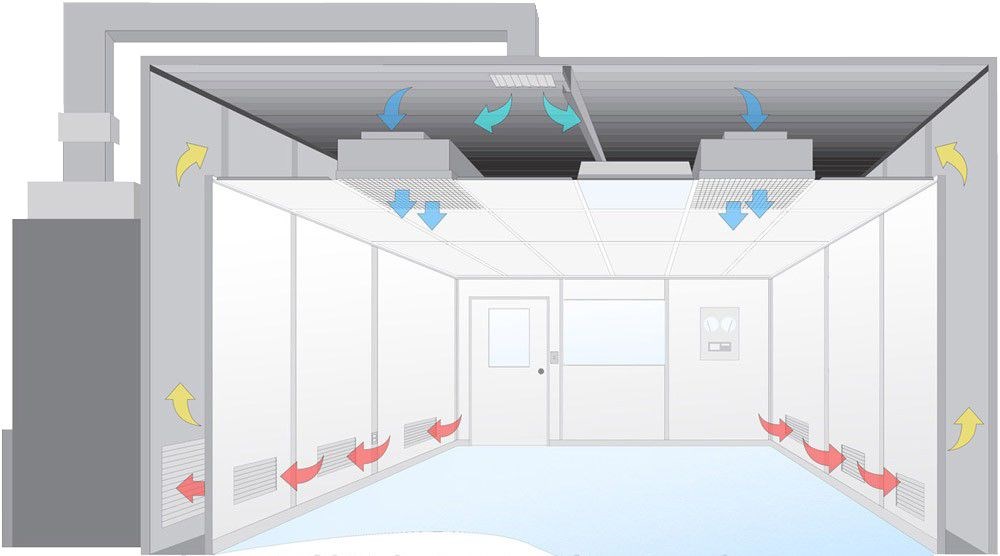1. Purpose
Establish a management procedure for monitoring, use and maintenance of dust-free workshops to ensure that the environment of dust-free workshops meets production requirements.
3. Responsibilities
Director of the production and manufacturing department, director of the equipment and power department, and QC personnel.
4. Contents
1 Use of dust-free workshops
1. Before the newly built or renovated dust-free workshop is put into operation, the company's production and manufacturing department, equipment and power department, quality department and construction unit must jointly verify the purification and air-conditioning system and test all relevant indicators before it can be put into use.
2. All personnel entering the dust-free workshop must wear clean work clothes in this area according to the process hygiene management regulations and enter the dust-free workshop according to its purification procedures.
3.Operators in different positions in the clean area shall not visit each other during work.
4.Approval procedures must be carried out to enter the dust-free workshop, which must be approved by the production and manufacturing department, and temporary personnel entering the dust-free workshop should be guided and supervised.
5. All materials, instruments, process water, and cleaning and sanitary utensils used in the clean area must be purified before entering.
6.The purification air conditioning system should maintain a relative positive pressure. During normal production, the air conditioning starts to supply air normally half an hour before production to ensure that the cleanliness of the room meets the requirements before production.
7.Air disinfection is performed for 60 minutes with an ozone generator every week.
2 Monitoring of dust-free workshops
1.In order to ensure the purification environment and cleanliness of the dust-free workshop, the dust-free workshop needs to be monitored. The monitoring items and frequency are in accordance with the "Dust-free Workshop Monitoring Table" and tested in a static state.
2. For overhaul or shutdown for more than 10 days, the cleaning procedures of the dust-free workshop should be followed before production, and all indicators should be tested before it can be put into use.
3. For continuous production for 3 months, the number of dust particles and Wind speed and volume in the clean area should be tested statically, and the number of colonies should be tested and recorded every week.
4.The monitoring work is organized by the Quality Department, and QA, QC personnel and workshops are responsible for monitoring and keeping monitoring records.
When the test results deviate, they should be handled in time according to the management procedures for deviations in dust-free workshops.
1.When the Wind speed, dust particle count, and pressure difference deviate, the primary, medium, and high efficiency filters should be replaced.
2.When the number of microorganisms deviates, the workshop should carry out process sanitation disinfection according to the relevant cleaning procedures.
3.When the air volume of the high-efficiency Air Filter is 70% of the original air volume, or when the air flow velocity drops to the minimum, the high-efficiency filter should be replaced.
3. Maintenance of dust-free workshops
1.Establish management procedures for materials and personnel entering the clean area.
2.The dust-free workshop is cleaned by the user, that is, the operator at the post, to maintain the cleanliness of the dust-free workshop, and keep records in the post records.
3.According to the monitoring results, clean the primary and medium efficiency air filters in time according to the cleaning procedures of the primary and medium efficiency air filters and the replacement operating procedures of the high efficiency filters.
4.Regularly inspect and maintain the air conditioning system and purification Equipment of the dust-free workshop.
 +86 18186671616
+86 18186671616 Jason@cleanroomequips.com
Jason@cleanroomequips.com
 MENU
MENU








